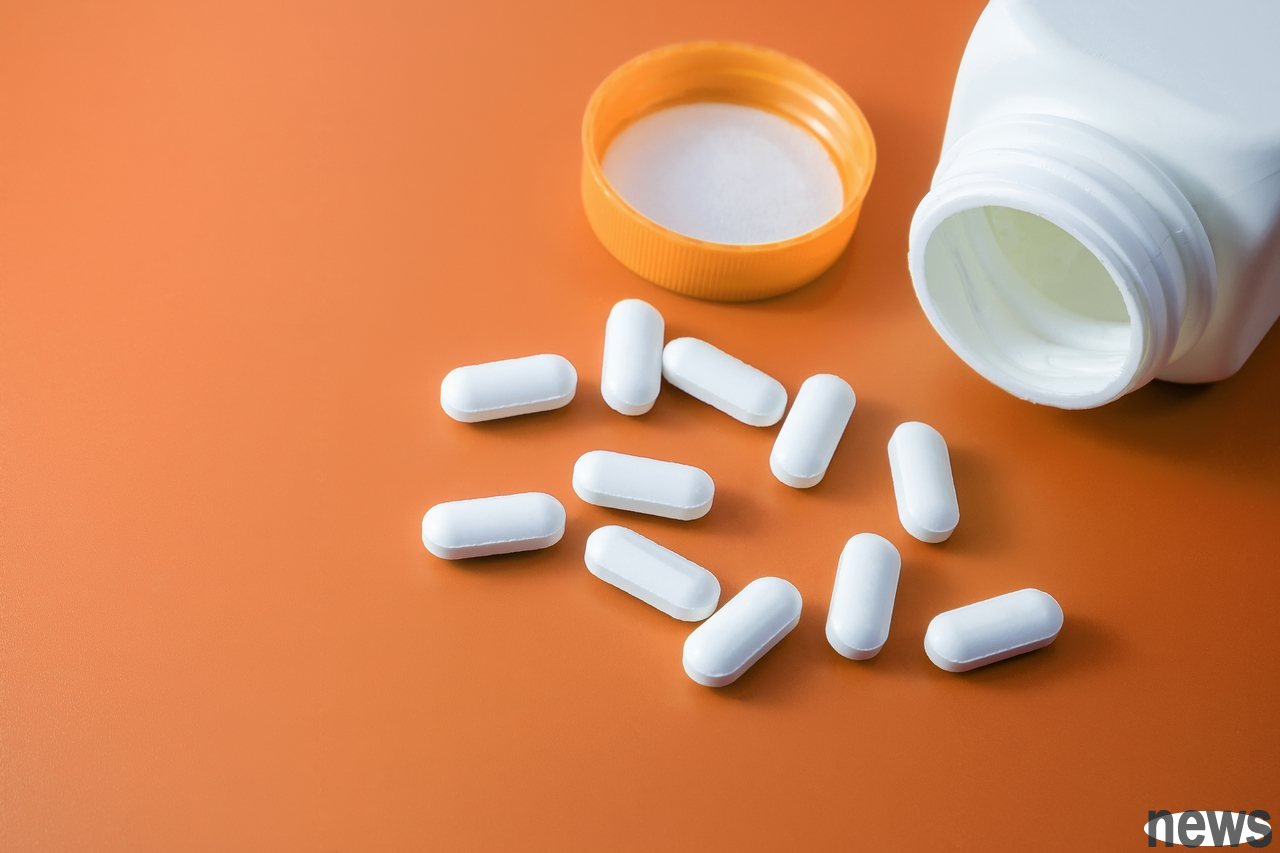Can Vitamin D and Omega-3 be supplemented to prevent weakness? Experts suggest 2 things to be more effective

The American Medical Association Journal published two articles on vitamin D the day before yesterday (2022-9-13):
Research articles: Effect of Vitamin D3 and Omega-3 Fatty Acid Supplementation on Risk of Frailty Effects of fatty acids on weak risk)Expert Review: There Is No Magic Pill to Prevent Frailty—You Still Have to Eat Your Vegetables (no preventing weak spirit pills; — you still have to eat vegetables). There are 11 authors in the research paper, all of whom are doctors, professors and students who work at Harvard University or its related institutions. The first author is Dr. Ariela Orkaby, assistant professor of the Elderly Medicine.
Research Movement: Rapid Growth of the Global Aged Population has led to an increase in the urgency of determining potential prevention strategies for weaker people. Weakness is a comprehensive symptom of reduced physiological preparatory reduction in the face of external pressure sources, which is related to increased risk of morbidity and mortality. Although weakness is not related to age, it is estimated that among adults 85 and older, more than half of them suffer from weakness. Chronic inflammation is the main hypothetical mechanism that causes weakness. Whether drugs and supplements with anti-inflammatory properties can reduce the risk of weakening remains uncertain. Low serum 25-radical vitamin D (25[OH]D) levels are closely related to weakness and may be a mark of poor nutrition or through direct effects on muscle and bone health. Both are closely related to weakness. However, observational research is limited by reverse causal relationships. Studies in mice show that vitamin D3 supplementation may reduce weak development, but human observation data are quite different and research data are limited. Omega-3 fatty acids may have an effect in preventing cardiovascular diseases, which are related to weak and weak. Furthermore, some evidence suggests that supplementation of omega-3 fatty acids can improve muscle abscess or age-related muscle loss, which is closely related to weakness. Therefore, we tried to verify that supplementing vitamin D3 and omega-3 fatty acids would reduce the risk of weakening.
Study subjects: From November 2011 to March 2014, a total of 25,871 people were recruited in all 50 states in the United States (male age ≥ 50 years old, female age ≥ 55 years old, overall average age 67 years old). They have no cancer or cardiovascular disease, but have a weak index of data. They were randomly assigned into four groups: the first group had a total of 6463 people, consuming 2,000 vitamin D and 840 mg omega-3 daily, the second group had a total of 6,464 people, consuming 2,000 vitamin D and omega-3 daily consolation agents, the third group had a total of 6,470 people, consuming 840 mg omega-3 daily, and the fourth group had a total of 6,474 people, consuming vitamid D and omega-3 daily consolation agents. The four groups were visited until December 31, 2017.
Research Methods: This study mainly explores the weak index of changes in time. Although multiple tools can be used to measure weakness, in this experiment, weakness is mainly defined by well-verified cumulative defect models developed by Rockwood and colleagues. Rockwood Virtual Weakness Index (FI), which has been used for prospective and retrospective studies of different populations around the world, is a particularly useful tool for identifying the elderly in clinical trials. This weak theory believes that health deficiencies will accumulate throughout the life cycle. These flaws can be calculated to generate FI and determine individual weakness.
Research results: At the beginning of the experiment, the average weak index of all subjects in the experiment was 0.109. During the average 5-year visit period, the average weak index increased to 0.121, but there was no difference in the weak index between the four groups.
Conclusion: In this study of random clinical trials of VITAL, vitamin D3 or omega-3 fatty acid supplementation did not affect the low-income change or morbidity rate over time compared to the comfort agent. These results do not support the regular use of vitamin D3 or omega-3 supplements to prevent weakness in the average elderly.
The first author of that expert review is Elizabeth Eckstrom, a professor of senior medical science at the University of Health and Sciences of Orega. Its final paragraph is: "As Orkaby et al. pointed out, regular exercise and Mediterranean diet may be useful for all elderly people. Current research does not support supplementing vitamin D3 and omega-3 fatty acids for older people, but shifting our attention to an intense, dedicated lifestyle and Mediterranean diet may prolong life, reduce heart disease, dementia and diabetes; perhaps most importantly for older people, reduce virtual weakness and lose independence."
Original text: Effects of vitamin D and Omega-3 on virtual weakness














